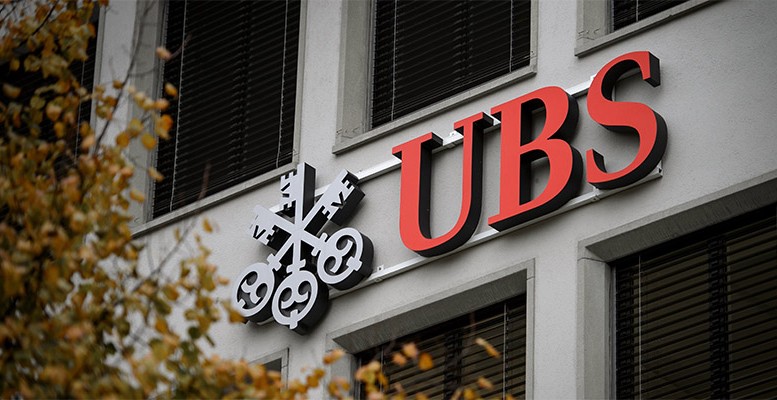According to a note to clients, Morgan Stanley believes that the European investment banks UBS, HSBC and Société Générale should perform well during the quarter. Compared with the US Banks, they have a downward risk due to investment banking fees and upside due to the outlook for equities. They explain:
Once we see total investment banking revenues, we expect that Europe will see flat growth while in the US they will rise 4%.
Breaking down by businesses, equites will be stronger in Asia and those of FICC worse, while those of investment banking will be mixed. In this context, Morgan Stanley economists prefer UBS, HSBC and Société Générale:
- Equities: Derivatives, “cash equities” and “prime brokerage” will have a good quarter. The US banks have grown 25%-38% yoy thanks to higher volatility and more activity on the part of clients.
- FICC: US banks revenues have dropped 2%. Clients’ activity has been on the low side and they have not managed to offset this with increased corporate activity in currencies, emerging markets and commodities.
- Investment banking: Revenues have dropped 7% but there is a very good pipeline. ECM and M&A will be stronger during the remainder of the year.
In private banking, UBS, Crédit Suisse and Julius Baer should benefit from the messages sent by Citi Bank of America and JPM.
Regarding the impact of MIFID II, JP Morgan has flagged a significant increase in electronic trading in EMEA, which confirms the message coming out of a recent round table organised by Morgan Stanley.
The 5 biggest banks are gaining market share as clients are increasingly more selective. The European banks, except UBS, are losing market share and those worst hit will be the smaller lenders like Deutsche Bank, Barclays, BNP and HSBC.
Q2’18 has started off a little worse than expected. Intermediation volumes have been low for the time being and the derivatives business is being affected. If this continues, it will have a negative impact on Deutsche Boerse, according to analysts at MS.





